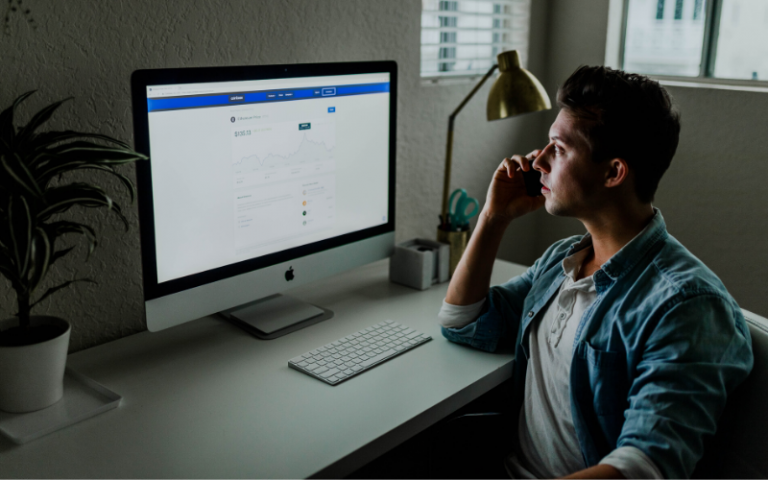Avoiding scams related to coronavirus
13 March 2020
Recently we have seen communities come together to support each other during the coronavirus crisis. Unfortunately, some may seek to manipulate the current situation and scam others. Here are some ways you can avoid such scams and stay safe.

With the current situation, police have seen a new trend of scams relating to coronavirus. These scams seek to exploit people who are trying to protect themselves and others from catching Covid-19.
The majority of reports are related to online shopping scams where people have ordered protective face masks, hand sanitiser, and other products, which have never arrived. There are also fraudsters trying to collect these items saying they will donate them to hospitals but actually sell them online.
Most scammers are targeting people online via email and other channels. Here's what to look out for and how you can protect yourself.
Phishing emails
These attempt to trick people into opening malicious attachments which fraudsters use to steal personal information, email logins and passwords, and banking details.
Here are some real life examples:
- Fraudsters purporting to be from the Centre for Disease Control and Prevention (CDC) and World Health Organisation (WHO). They claim to provide you with a list of active infections in your area but to access information you need to click on a link which redirects you to a credential-stealing page.
- Fraudsters providing articles about the virus outbreak with a link to a fake company website where people are encouraged to click to subscribe to a daily newsletter.
- Fraudsters sending investment scheme and trading advice encouraging people to take advantage of the coronavirus downturn.
- Fraudsters purporting to be from HMRC offering a tax refund and directing people to a fake website to harvest their personal and financial details.
Protect yourself
Please follow these simple tips to stay safe:
- Watch out for scam messages: Don’t click on the links or attachments in suspicious emails, and never respond to unsolicited messages and calls that ask for your personal or financial details.
- Be careful about online shopping: If you are going to make a purchase from an online shop you haven’t used before do some research and make sure it is a legitimate site. If you go ahead please use a credit card so you have insurance protecting the transaction.
- Protect your devices: Make sure you have downloaded the latest anti-virus software to protect your devices from malware and other potential threats.
- Be careful at home: NHS staff are not going door to door. Call the Police if someone knocks on your door claiming to be conducting coronavirus tests. Do NOT let them in to your accommodation. Any contractors or cleaners should have their own access so please do not let them onto UCL property without checking with Security on 020 7679 2222.
Contacts and support
If you have been scammed or you are worried about contact that appears to be phishing go to Action Fraud for information, advice and to report a scam.
For further information and confidential advice you can speak to UCL’s Crime Prevention and Personal Safety Advisor, Sophie Bimson by emailing s.bimson@ucl.ac.uk.
Sophie Bimson, UCL Crime Prevention and Personal Safety Advisor
 Close
Close

